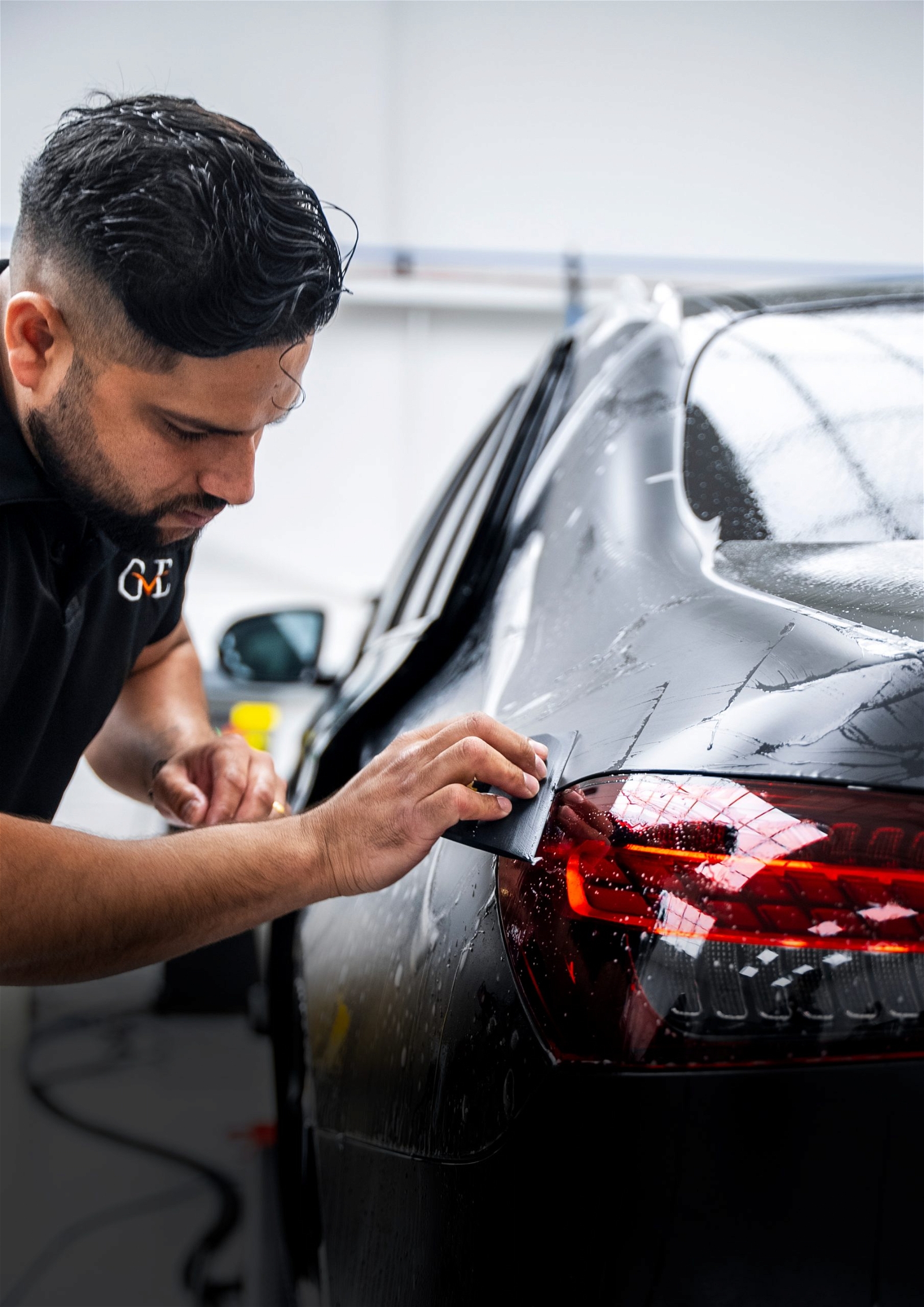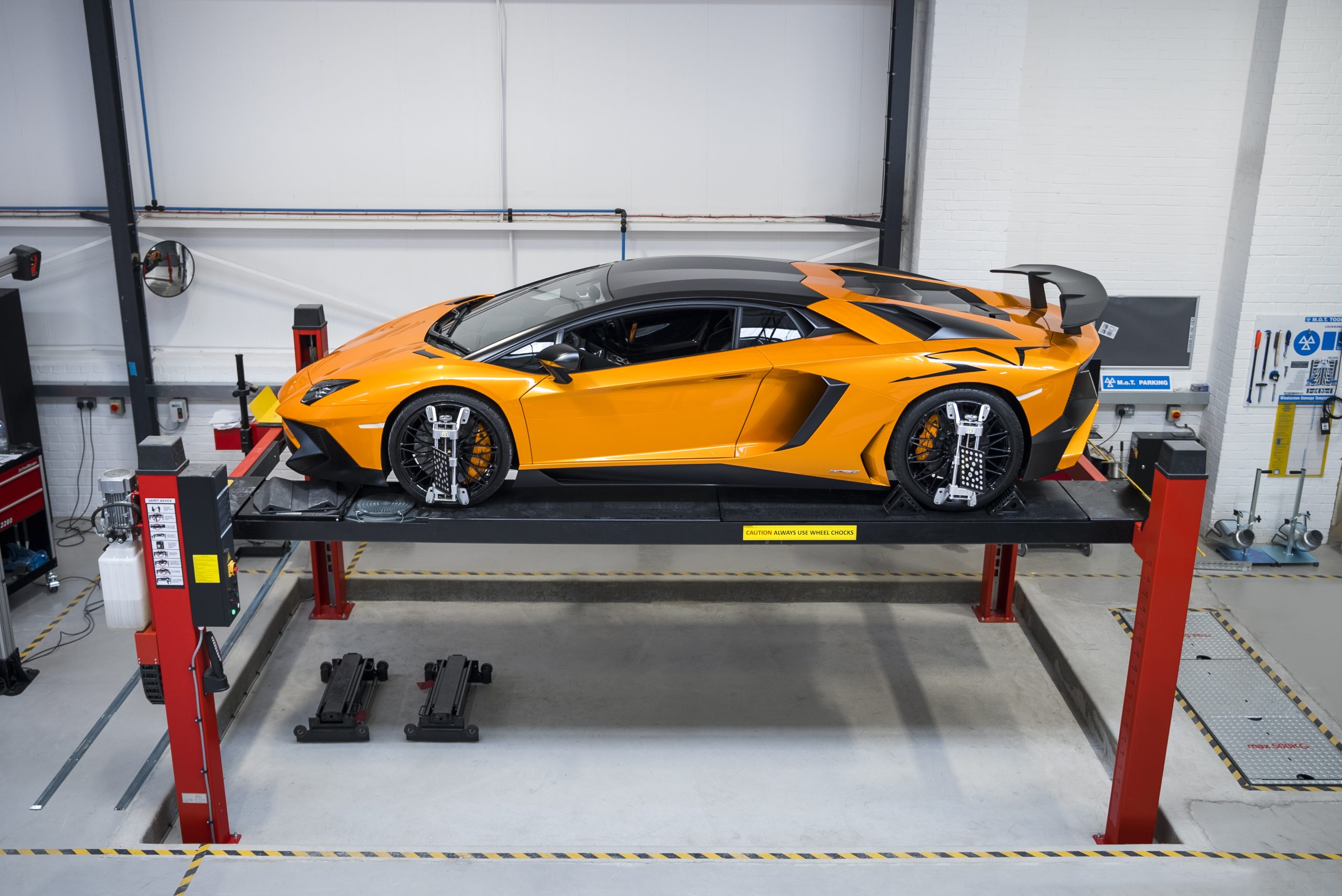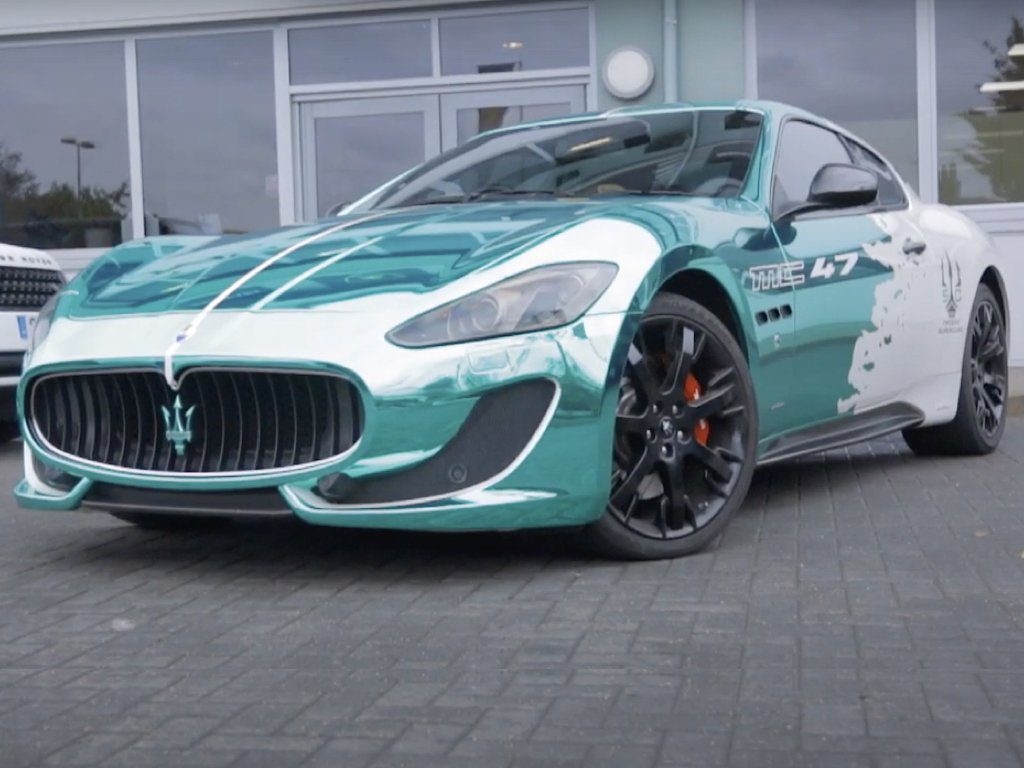
Best Practices for Maximising Fuel Efficiency
Maximise your supercar’s fuel efficiency with our expert tips. Optimise performance and minimise fuel consumption for an unparalleled driving experience.
Best Practices for Maximising Fuel Efficiency
Supercar ownership is as much about performance as it is about efficiency. While the excitement of a powerful engine and exhilarating acceleration is undeniable, prioritising fuel efficiency is essential for environmental sustainability and long-term cost savings. Here are the details for executing proactive maintenance and best practices to optimise fuel efficiency in your supercar while preserving performance:
1. Maintain Proper Tire Pressure
Proper tire inflation is crucial for fuel efficiency. Underinflated tires increase rolling resistance, forcing the engine to work harder and consume more fuel. Regularly check and maintain your tire pressure to ensure optimal performance and efficiency.
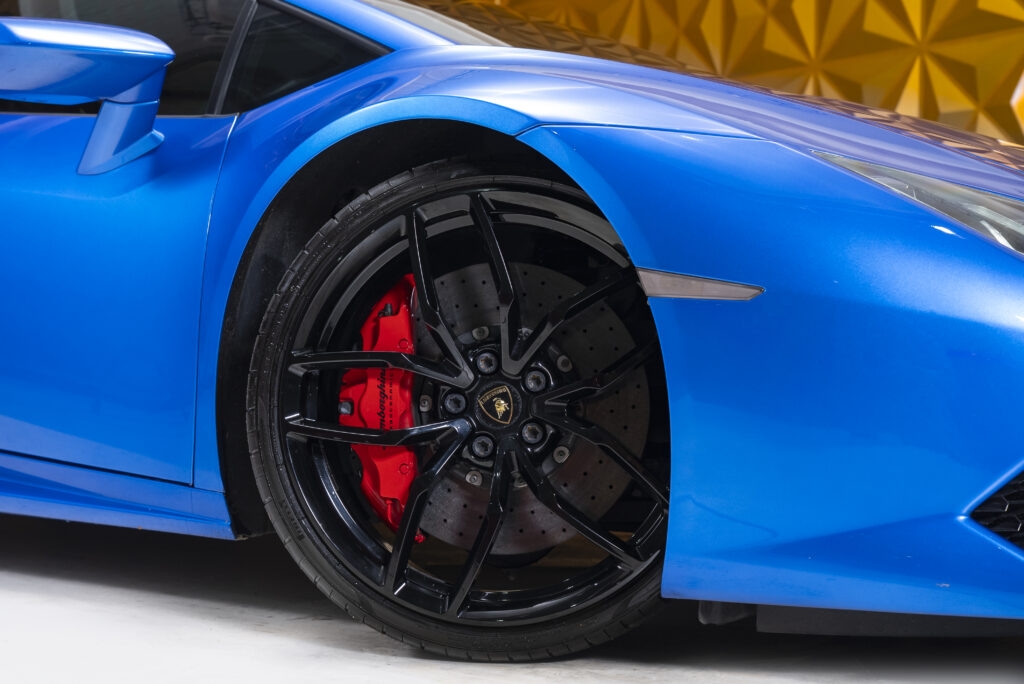
2. Accelerate Gradually
The way you accelerate has a significant impact on fuel consumption. Aggressive acceleration not only drains fuel rapidly but also puts unnecessary strain on the engine. Practise gentle acceleration to minimise fuel consumption and extend the lifespan of your supercar’s components.
3. Maintain an optimal highway speed
Maintain a steady speed of 50 – 90 km/h on highways for optimal fuel economy. Driving too fast increases fuel consumption due to wind resistance, while driving too slow forces the engine into lower gears, also increasing fuel usage. Striking a balance in this speed range ensures efficient fuel utilisation.
4. Keep Speeds Moderate
While it may be tempting to unleash the full power of your supercar on the open road, excessive speeds significantly increase fuel consumption. Driving at high speeds not only consumes more fuel but also increases aerodynamic drag, further reducing efficiency. Maintain a moderate speed to strike a balance between performance and fuel economy.
5. Brake Smoothly
Aggressive braking not only wastes fuel but also increases wear and tear on your supercar’s braking system. Practise smooth and gradual braking to minimise fuel consumption and prolong the lifespan of your brakes. Maintain a safe following distance and anticipate braking situations to avoid sudden stops.
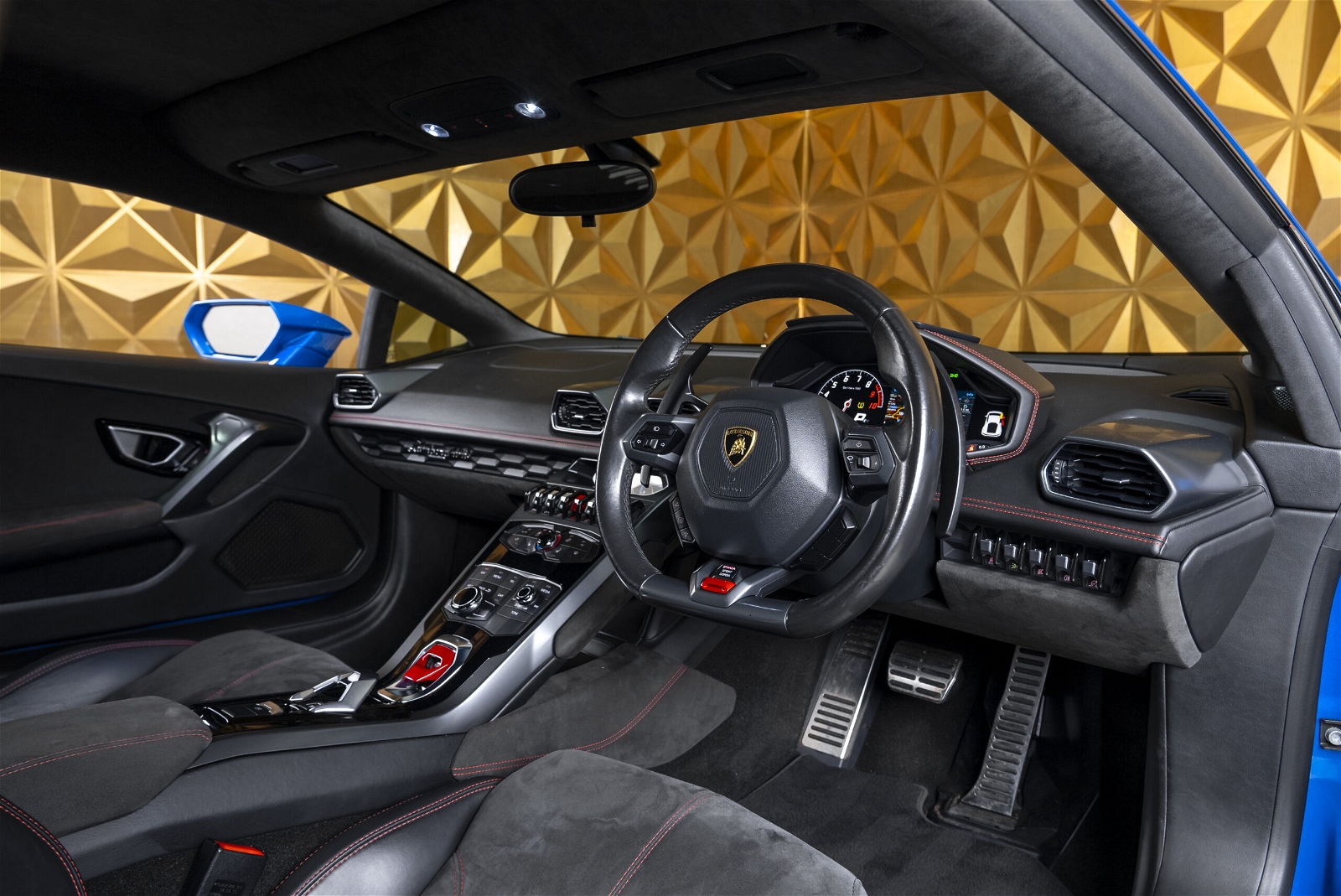
6. Use Top Gear Efficiently
Utilise the highest gear possible while cruising to minimise engine RPM and optimise fuel efficiency. Whether you’re driving an automatic or manual supercar, cruising in top gear reduces fuel consumption and enhances overall efficiency. Use cruise control when appropriate to maintain a steady speed and further improve fuel economy.
7. Plan Ahead for Traffic
Anticipating traffic patterns and road conditions allows you to adjust your driving style accordingly. By planning ahead and avoiding sudden stops and starts, you can minimise fuel wastage and improve overall efficiency. Pay attention to traffic flow and plan your manoeuvres accordingly to optimise fuel efficiency.
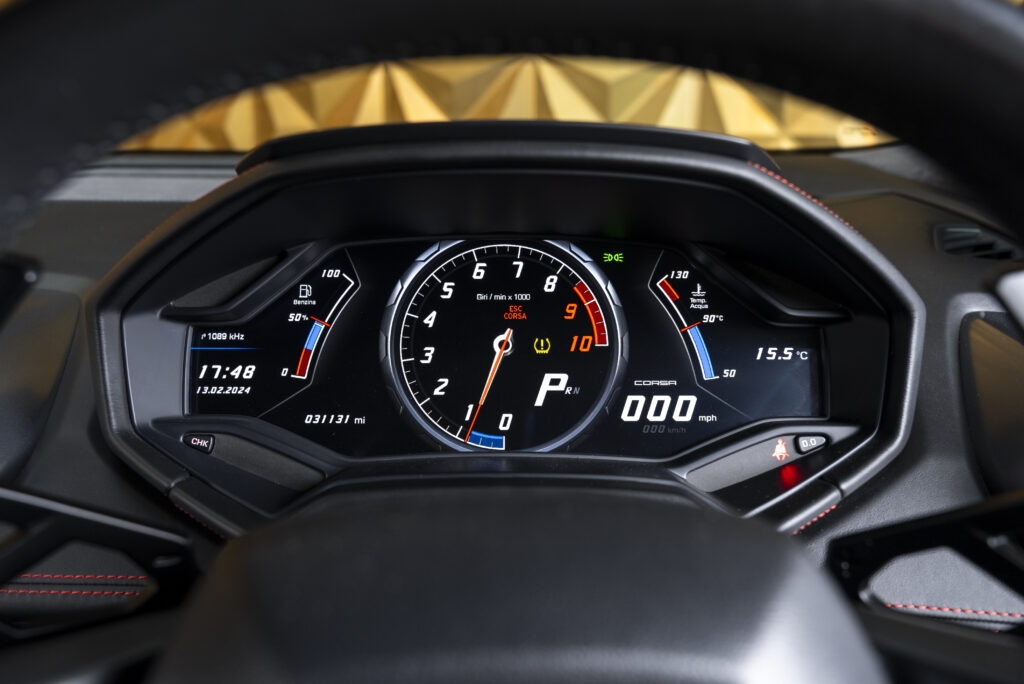
Conclusion
By implementing these best practices, you can optimise fuel efficiency in your supercar without sacrificing performance. Additionally, proactive maintenance ensures smooth engine operation, preventing sludge and corrosion buildup. Engine oils are vital for sustaining optimal performance, highlighting the importance of regular maintenance for fuel efficiency and engine longevity.
Interested in maximising your supercar’s performance and longevity? Contact us today for a free quote on our tailored maintenance schedule designed to meet your supercar’s specific needs.
Watch our latest video showcasing the Detailing work on On Ferrari 812 GTS:
Frequently Asked Questions
The fuel efficiency of supercars varies, but generally, they are not known for being fuel-efficient due to their high-performance engines and aerodynamic designs.
Lower gears consume more fuel due to the higher engine RPMs required to maintain speed. As the car gains momentum, higher gears are more fuel-efficient as they primarily maintain speed rather than exerting significant push force.
Optimal fuel efficiency is achieved while cruising at a steady speed in the highest gear. This typically occurs between 35 and 50 mph (56 and 80 km/h), where the engine operates most efficiently.
Contact Us
"*" indicates required fields



